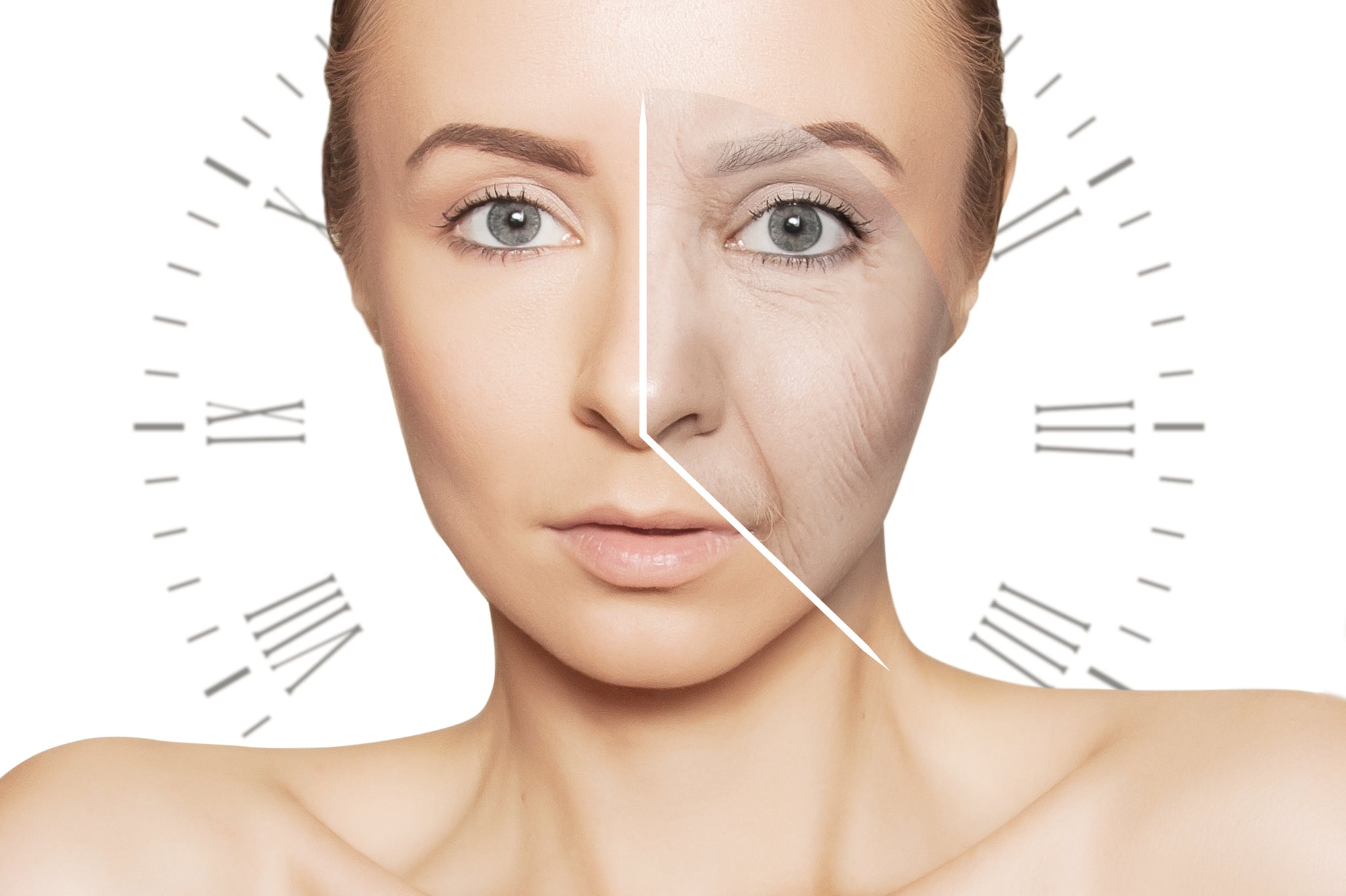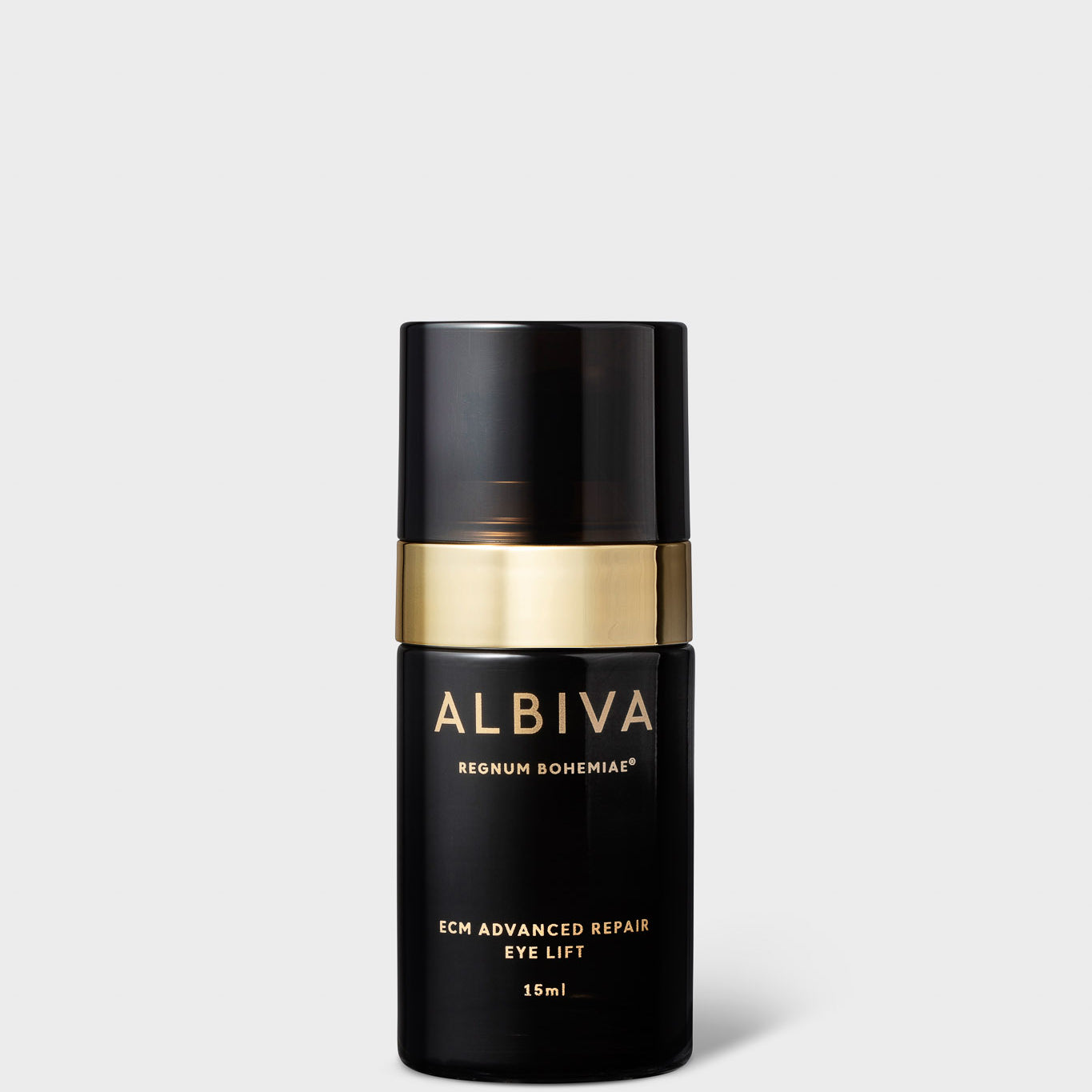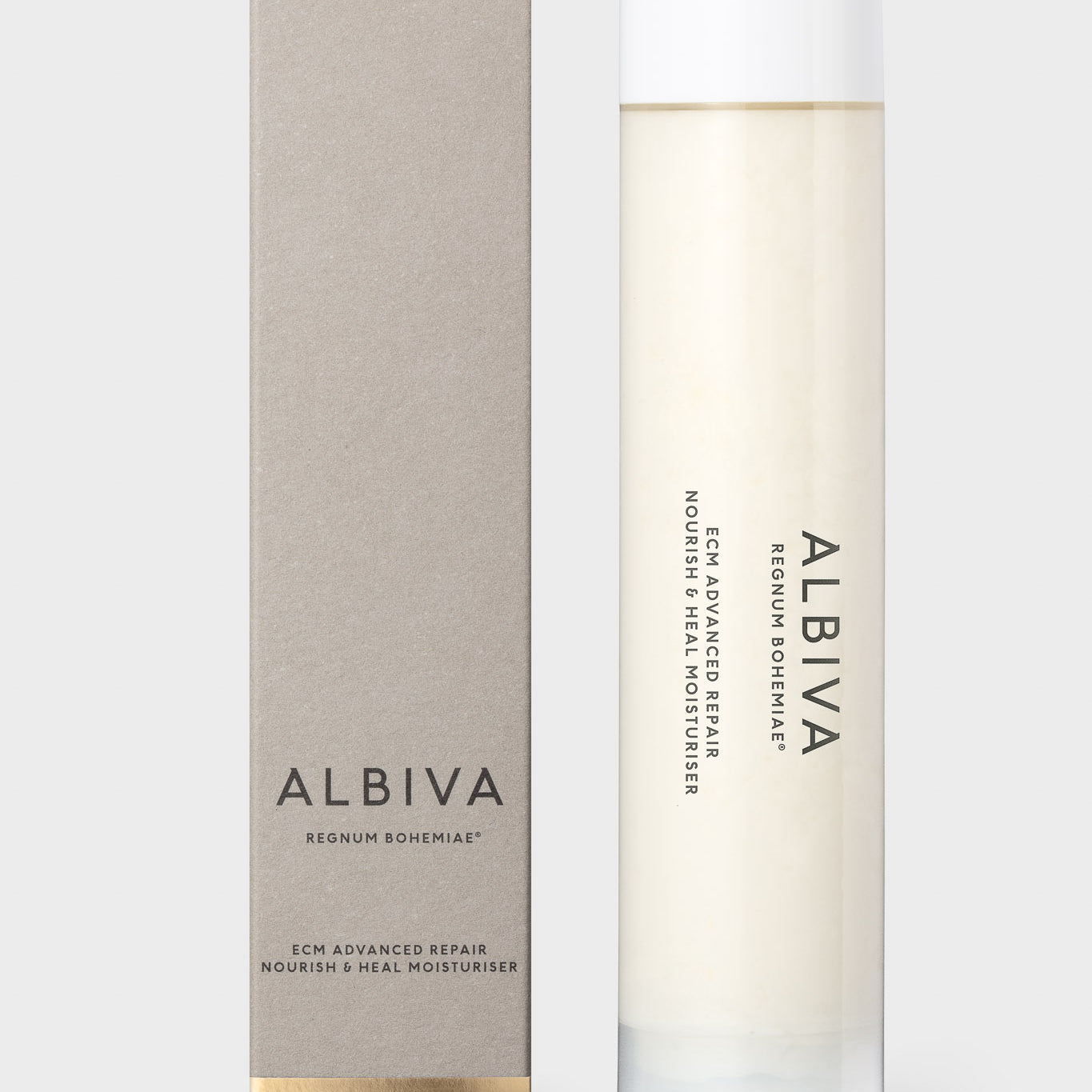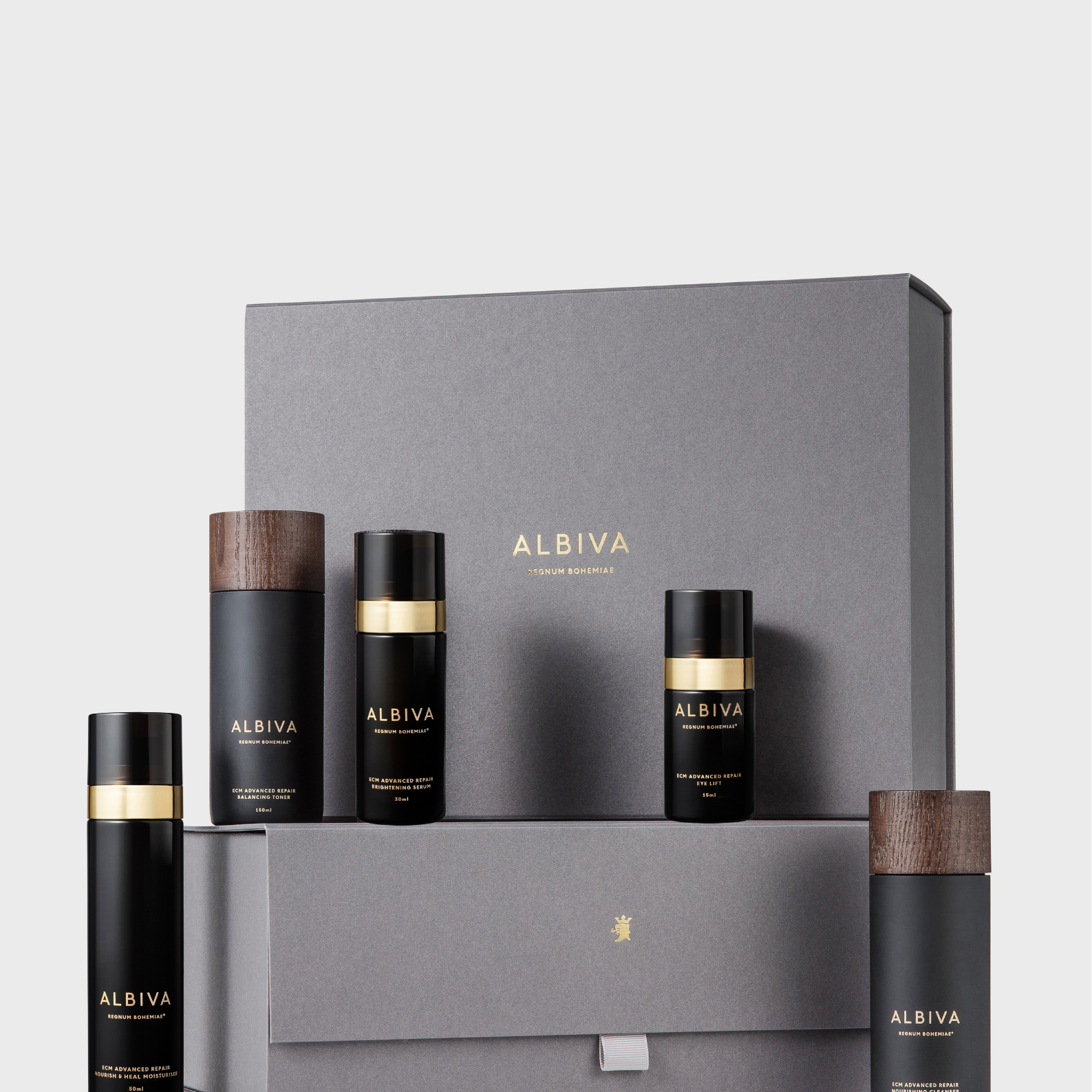How And Why We Age: Our 4 Tips For Aging Well.

Aging is a topic that has captivated both scientists and philosophers throughout history. Efforts to combat aging date back to at least 3500 BC. There are currently more than 300 theories on why we age and the likelihood is that a number of them may be simultaneously true.
From the free radical/mitochondrial DNA theory of aging, to damage-based theories, all have their limitations and don’t fully explain the ageing process and certainly have not achieved to stop or reverse aging. Yet, some aging can be delayed. For example, skin aging can be minimized by reducing exposure to the sun. After decades of studies we now know we can influence, shape and delay aging. If you want to understand how to slow, minimise or offset aging, this article takes you through our guide on how to age well.
- Genetics or Lifestyle? It Takes Two to Tango!
The truth is that every individual has their own aging mechanisms, and it is estimated that 75% of these are driven by the environment we live in and the lifestyle decisions we make, and 25% of these are influenced by our genetics. Aging is therefore a very complex interplay of our genes, environment and many other internal and external factors.
The good news is that the aging process is much more malleable (easily influenced) than has been so far recognised. As an example DNA in each cell of our bodies sustains at least 10,000 injuries each day by exposure to toxins such as UV light, cigarette smoke, free radicals, oxidative stress etc. Luckily our cells have evolved a sophisticated system of recognising the multitude of damage and have within them a capacity for repair and regeneration.
The aging process is therefore not entirely passive, since is strongly resisted by maintenance and repair processes, which are controlled by genes. Furthermore, the regulation of these genes could be influenced by metabolic factors, such as responding to levels of nutrition, showing the surprising plasticity of the ageing process and how it can be manipulated by dietary and genetic interventions. (Plasticity can be defined as the ability to change it’s activity in response to internal and external stimuli.)
So what can we do to help protect our DNA? We should look to minimise alcohol intake, use SPF and protective clothing when exposed to sun’s UV light, reduce stress, have a healthy diet and increase our antioxidant capacity through regular physical exercise. We can also look to use natural, plant resources for DNA damage protection such as bioactive components including: phenolic compounds, flavonoids, tannins and other important phytochemicals which you can find in our ECM Advanced Repair Range. Food supplements can include matcha, curcumin, resveratrol, quercetin, Vitamin C, and glutathione, NAD+ (most frequently through a drip), as well as vitamin B12 and folate. A good reading is our article on how "Natural antioxidants have multiple mechanisms to protect skin from UV radiation."
- Nutrition - Eat Your Way To Younger, Healthier You.
As mentioned above, we know that nutrition can have direct effect on our gene’s regulation. Poor nutrition and gut health exacerbate the accumulation of cellular and molecular damage. Many foods we consume nowadays are highly inflammatory, contributing to the aging process. To the excess that a new term ‘inflammaging’ has been coined. Read more on skin inflammation here.
So what to eat and what to avoid? Things that drive inflammation and you want to reduce or avoid all together are sugar, alcohol, seed oils, refined grains, processed food, artificial sweeteners, inflammatory vegetable oils (they are everywhere!), AGEs, “healthy” snack bars, ready meals and so on. On the other hand, consuming whole food, where possible organic and seasonal produce, quality sources of essential fatty acids eg. omega-3s (from oily fish, flaxseeds, hemp, chia and walnuts), replacing inflammatory vegetable oils with things like coconut oil, ghee, extra virgin olive oil, avocado oil, looking after your gut health by eating 30+ different plant foods per week can have a major difference on how you age.
However, it is not only about what we eat, but also how, when and where we eat that are being recognised as having a major influence on our health, aging and longevity. Caloric restriction is recognised as potentially delaying aging and intermittent fasting is becoming popular. Experts advise eating two, max 3 meals per day within an 8 to 10 hour window with preferably no snacks in between. We are now also learning about the importance of Insulin in the aging process and how food cause insulin resistance which is also a contributing factor to aging.
- Lifestyle
It is estimated that lifestyle and environment we live in play a major role (75%) in aging. Although many lifestyle and behaviour patterns are established in early life, many of them remain modifiable throughout our lives.
“A successful old age…may lie not so much in our stars and genes as in ourselves.” Vaillant and Mukamal
We know exercise not only decreases chronic inflammation and oxidative stress and increases our body’s anti-oxidants capacity, when it comes to skin, moving our bodies increases blood flow which can help deliver oxygen and nutrients to the skin helping to nourish skin cells and promote collagen production.
New evidence is emerging on the role of sleep in aging. A study finds that one night of partial sleep deprivation activates genes related to biological aging. Therefore, practicing a good sleep hygiene is crucial to healthy aging.
We would also recommend practicing mindfulness, meditation, positive outlook and attitude, stress-free lifestyle as much as possible, as well as self-care. You can check out our previous article on ‘The importance of self-care on our wellbeing.’ There is now increasing acknowledgement from the experts of the instrumental role of social and mental/cognitive well-being as determinants of healthy aging.
- Environment
Different environmental factors including air, climate, water, soil, urban green, social and our individual environments all contribute to the aging process. Exposure to harmful environmental conditions can alter biochemical pathways at the sub-/cellular level and trigger the outbreak of age-related conditions. You can visit our previous article looking at ‘How topical anti-oxidants protect against environmental aging.”
We would recommend going out to the nature and taking benefits from the restorative effects of green spaces visiting them often for walks, sports, social interactions etc.
Social relationships are seen as an important component of successful aging, therefore creating an environment of social support and community engagement all can have a positive effect on how we age.
In conclusion, to age well and stay healthy for longer requires a multi-dimensional approach taking a good look at our lifestyle, our diet and the environment we live in and being aware of the fact that the decisions we take can influence how our genes express aging.
Studies referenced in the article:
https://www.ncbi.nlm.nih.gov/pmc/articles/PMC5991498/
https://www.afar.org/imported/AFAR_INFOAGING_GUIDE_THEORIES_OF_AGING_2016.pdf
https://www.ncbi.nlm.nih.gov/pmc/articles/PMC5991498/
https://www.researchgate.net/publication/13336914_How_and_Why_We_Age
https://immunityageing.biomedcentral.com/articles/10.1186/s12979-016-0066-z
https://bioresourcesbioprocessing.springeropen.com/articles/10.1186/s40643-019-0237-9
https://link.springer.com/article/10.1007/s40520-021-02049-w





